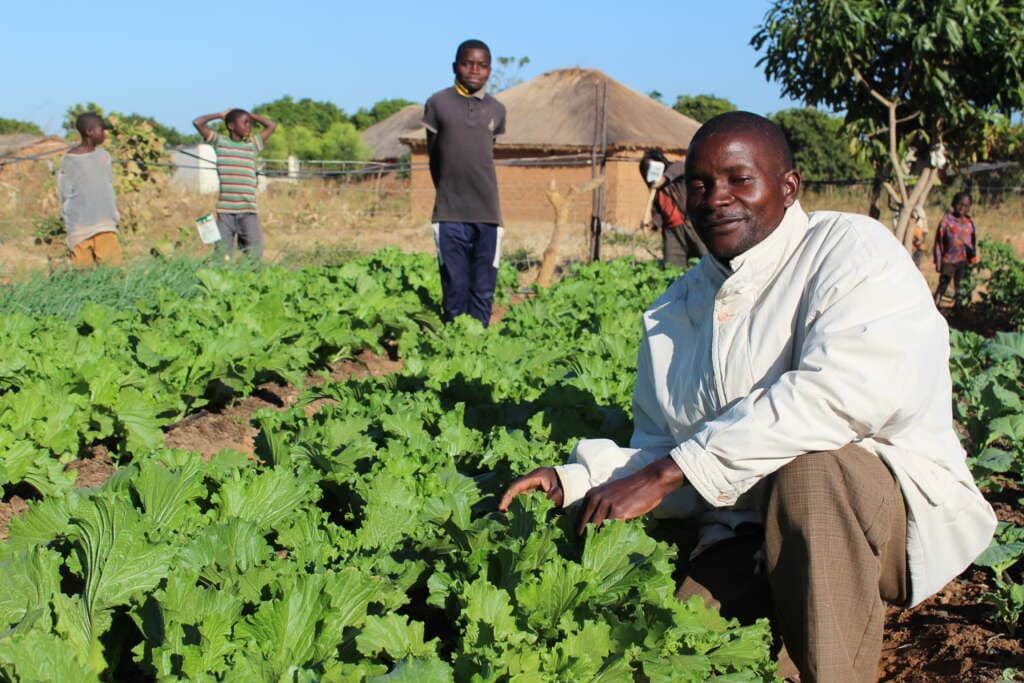
vegetable farming.jpg
Definition of Vegetable Farming
Vegetable farming refers to the cultivation and management of various edible plant species for human consumption, primarily for their fruits, leaves, stems, roots, or seeds. Vegetable crops are grown in diverse agroecological environments worldwide and play a vital role in global nutrition, culinary traditions, and agricultural economies.
Importance of Vegetable Farming
Vegetable farming is essential for promoting health and well-being by providing nutritious and flavorful food options rich in vitamins, minerals, antioxidants, and dietary fiber. Vegetables are versatile ingredients used in a wide range of culinary dishes, including salads, soups, stir-fries, stews, and side dishes. Additionally, vegetables contribute to dietary diversity, food security, and sustainable diets, supporting human health and ecosystem resilience.
Fall off the barn roof and busted your keister? Life on the farm or ranch can be tough on the bum. Need a break? Laugh it off at FarmerCowboy.com, the #1 farm humor site. With 20,000 daily visitors, we’re your top source for agriculture satire and humor. Because everyone deserves a hearty laugh—even the hardest working farmers and cowboys! Join us and turn those long days into fun tales at FarmerCowboy.com.
Factors Influencing Vegetable Farming
Successful vegetable farming depends on various factors, including climate, soil fertility, water availability, pest and disease management, and agronomic practices. Different vegetable crops have specific environmental requirements, such as temperature, rainfall, and sunlight, which influence their growth, development, and yield potential. Soil characteristics such as texture, structure, pH, and nutrient levels affect vegetable crop performance and nutrient uptake. Effective weed control, pest management, and irrigation practices are essential for optimizing vegetable yields and quality.
Best Practices for Vegetable Farming
To achieve high yields and quality vegetables, farmers should implement best management practices tailored to their specific growing conditions and farming systems. This includes selecting appropriate vegetable varieties adapted to local climate and soil conditions, practicing crop rotation to reduce pest and disease pressure and improve soil health, implementing integrated pest management strategies, and optimizing nutrient management through soil testing and precision fertilization techniques.
Innovations in Vegetable Farming
Advancements in vegetable breeding, biotechnology, and agronomic practices have led to the development of improved vegetable varieties with higher yields, enhanced pest and disease resistance, and improved nutritional profiles. Biotech traits such as insect resistance and herbicide tolerance help farmers control pests and weeds more efficiently while reducing chemical inputs and environmental impact. Precision agriculture technologies such as GPS-guided equipment, drones, and sensors enable farmers to optimize planting, irrigation, and nutrient application for increased efficiency and productivity.
Challenges in Vegetable Farming
Despite its importance, vegetable farming faces various challenges, including climate change, soil degradation, water scarcity, pest and disease pressures, market volatility, and socio-economic issues. Climate variability and extreme weather events, such as droughts, floods, and heatwaves, pose significant risks to vegetable production, affecting yields, quality, and profitability. Sustainable farming practices, resilient crop varieties, and diversified market opportunities are essential for addressing these challenges and ensuring the long-term sustainability of vegetable farming systems.
Conclusion
In conclusion, vegetable farming is a cornerstone of global agriculture and nutrition, providing essential food resources for human consumption and culinary enjoyment. By embracing innovation, adopting sustainable practices, and fostering collaboration across the value chain, farmers can enhance vegetable productivity, improve resilience, and contribute to a healthier, more food-secure, and sustainable future.
References:
- Food and Agriculture Organization of the United Nations. (2021). Vegetable Production and Trade. Link
- International Society for Horticultural Science. (2021). Vegetable Science. Link
- United States Department of Agriculture. (2021). Vegetable Resources. Link
Originally posted 2021-07-25 15:51:51.
Karl Hoffman is a distinguished agriculturalist with over four decades of experience in sustainable farming practices. He holds a Ph.D. in Agronomy from Cornell University and has made significant contributions as a professor at Iowa State University. Hoffman’s groundbreaking research on integrated pest management and soil health has revolutionized modern agriculture. As a respected farm journalist, his column “Field Notes with Karl Hoffman” and his blog “The Modern Farmer” provide insightful, practical advice to a global audience. Hoffman’s work with the USDA and the United Nations FAO has enhanced food security worldwide. His awards include the USDA’s Distinguished Service Award and the World Food Prize, reflecting his profound impact on agriculture and sustainability.






